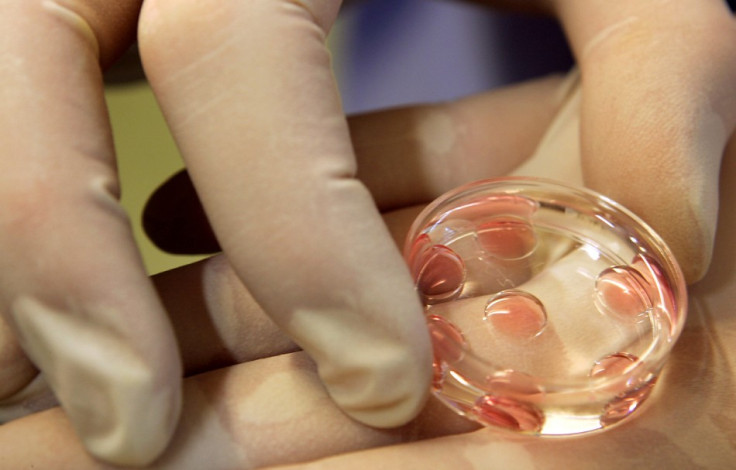Bertold Wiesner: British Man May have Fathered 600 Children

A British man who set up a fertility clinic with his wife in 1940s may have fathered 600 children, it has been reported.
Bertold Wiesner who was born in Austria and his wife Mary Barton founded the Barton fertility clinic in London in the 1940s and they helped women conceive babies by donating sperms.
It was earlier believed that Wiesner's group of friends were donating the sperms, but now two people who were conceived at the clinic have found that Wiesner could have donated his own sperm and fathered 600 children.
David Gollancz, a barrister in London, found that he was one of Weisner's biological sons through DNA tests. He along with his other half-sibling, documentary-maker Barry Stevens, did a research on the clinic.
They conducted DNA tests on 18 people who were conceived at the clinic between 1943 and 1962. They found that two-third of the women were conceived using Weisner's sperms. This suggested that Wiesner may have donated 20 sperms a year, which meant he could have fathered 300 to 600 children, reported the Telegraph.
"A conservative estimate is that he would have been making 20 donations a year," Mr Gollancz told the Sunday Times.
"Using standard figures for the number of live births which result, including allowances for twins and miscarriages, I estimate that he is responsible for between 300 and 600 children," he added.
Wiesner died in 1972 at the age of 70. His wife died 11 years ago.
Allan Pacey, chairman of the British Fertility Society and expert in male fertility, told the Telegraph that a healthy man could make that many donations a year if it were legal.
The Human Fertilisation and Embryology Act formed a regulator in 1990 to set up limits on the number of families a sperm or egg donor could provide. Accordingly, sperm donors can provide samples for the creation of up to ten families. All sperm donors used by regulated clinics should be between the age of 18 and 41 and all samples are tested for diseases, the Telegraph report said.
© Copyright IBTimes 2025. All rights reserved.





















